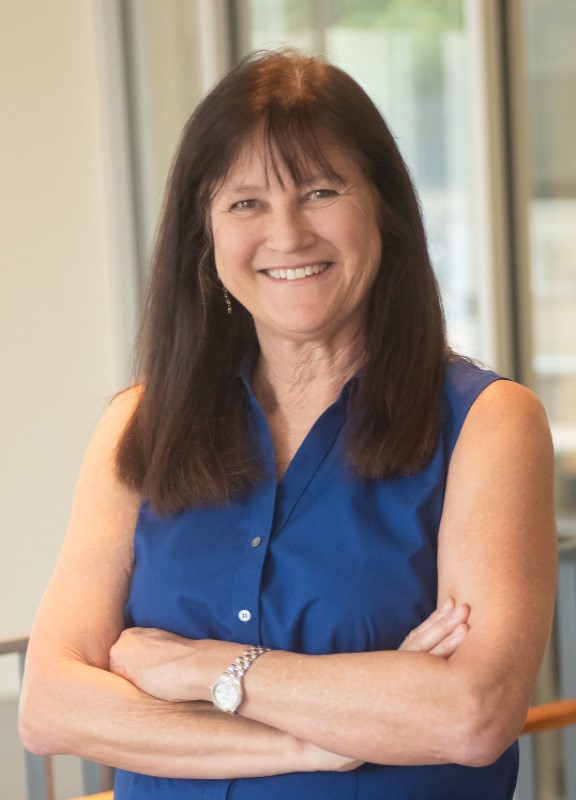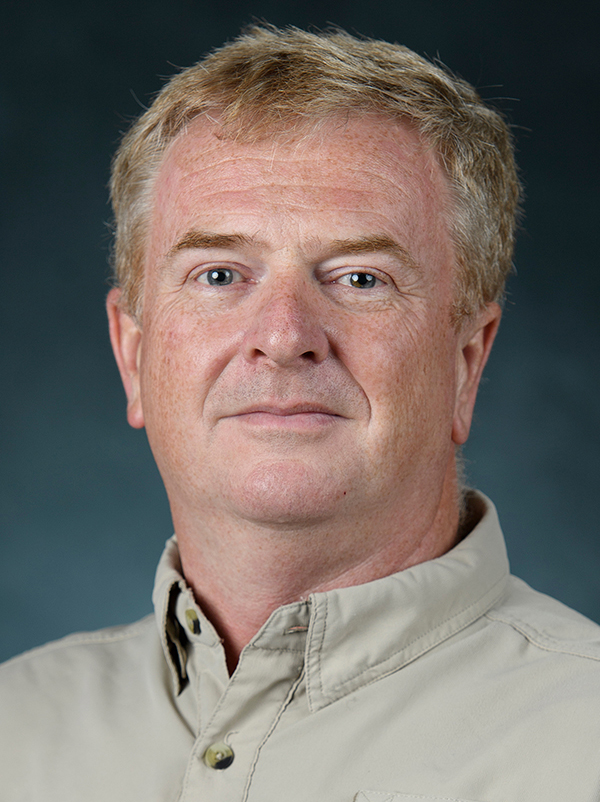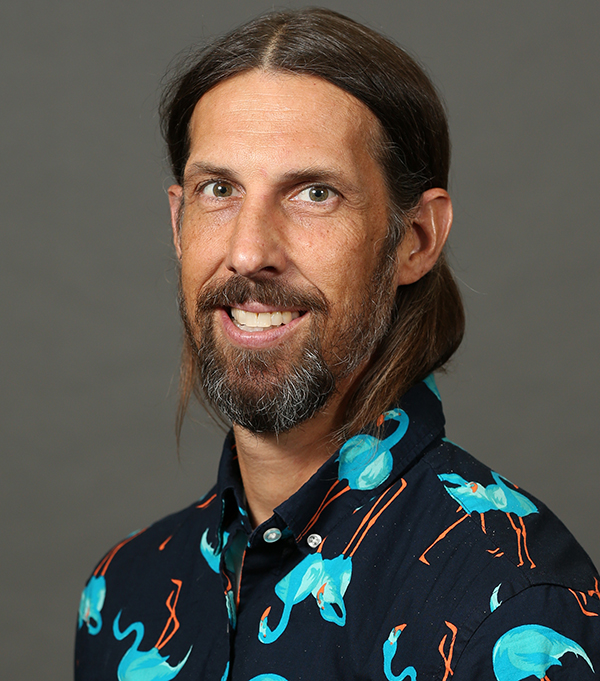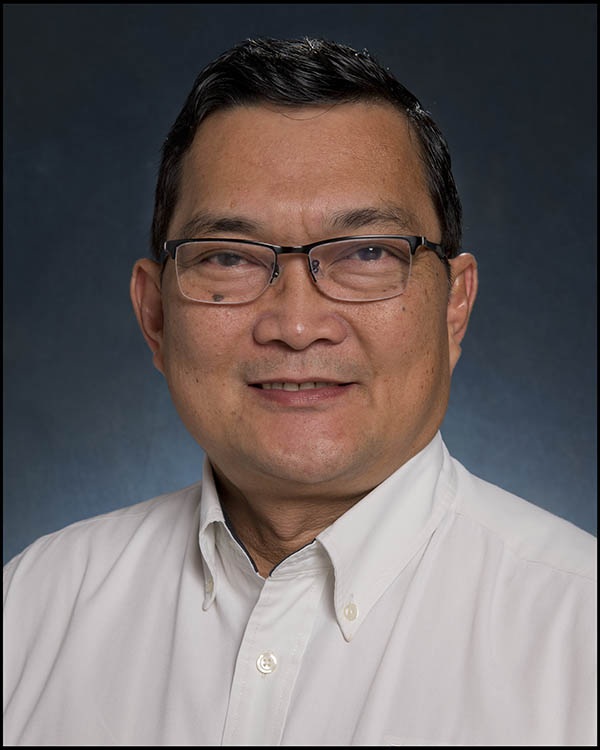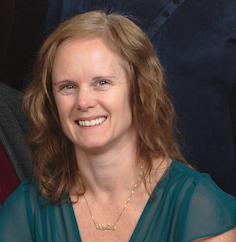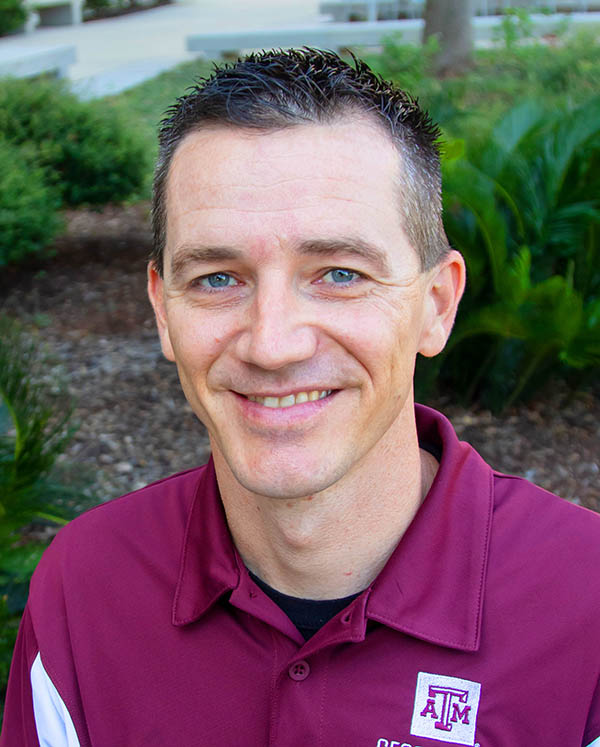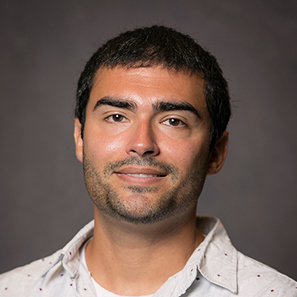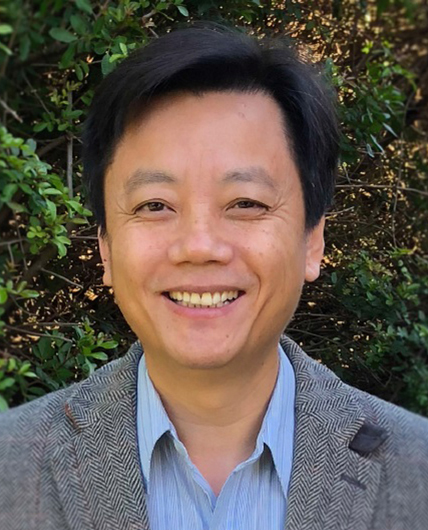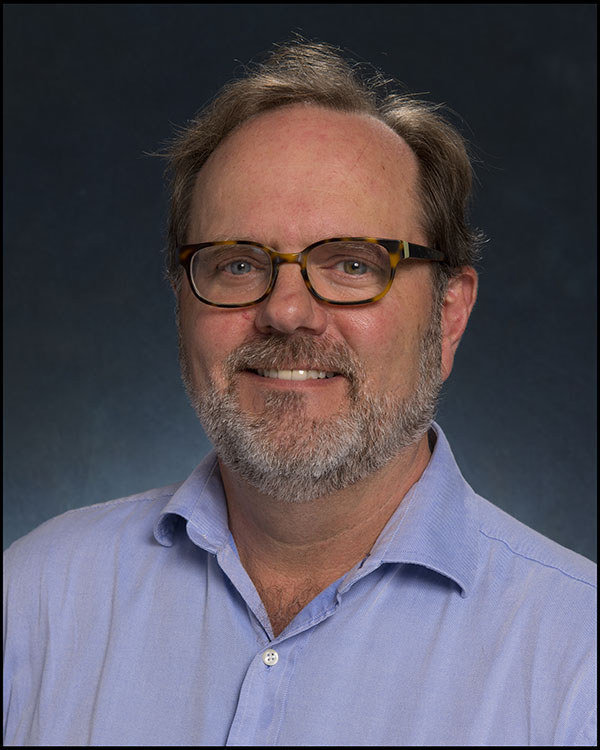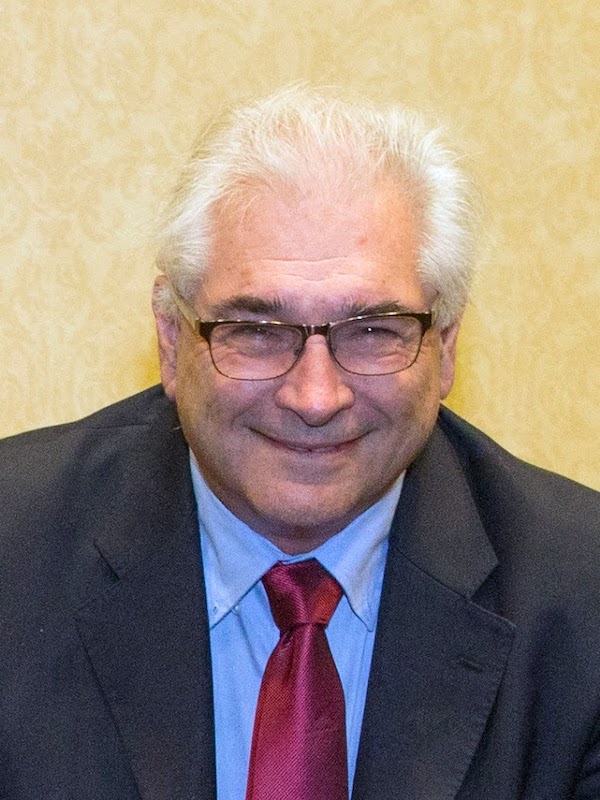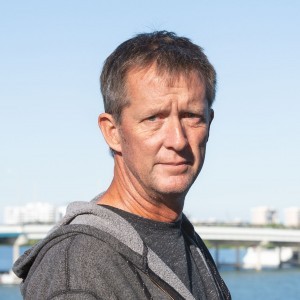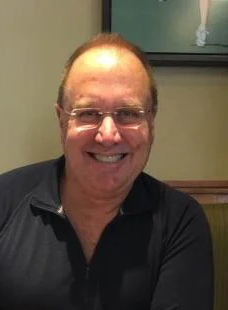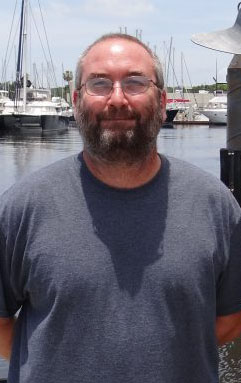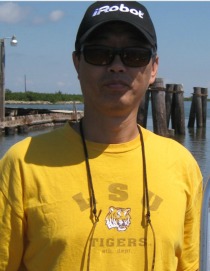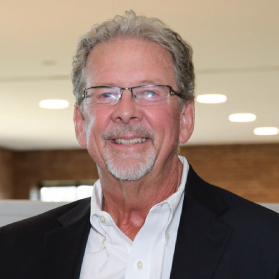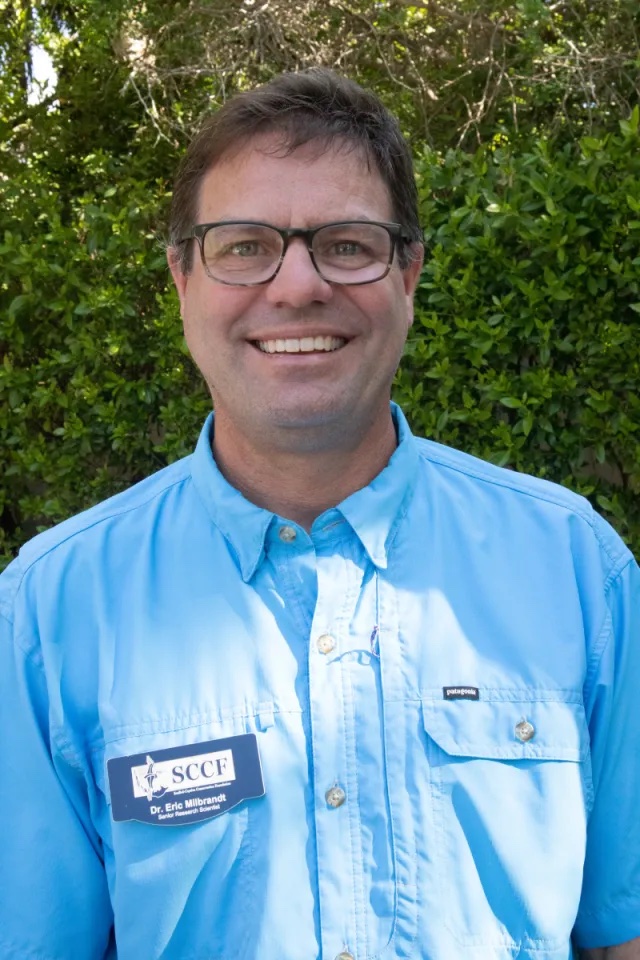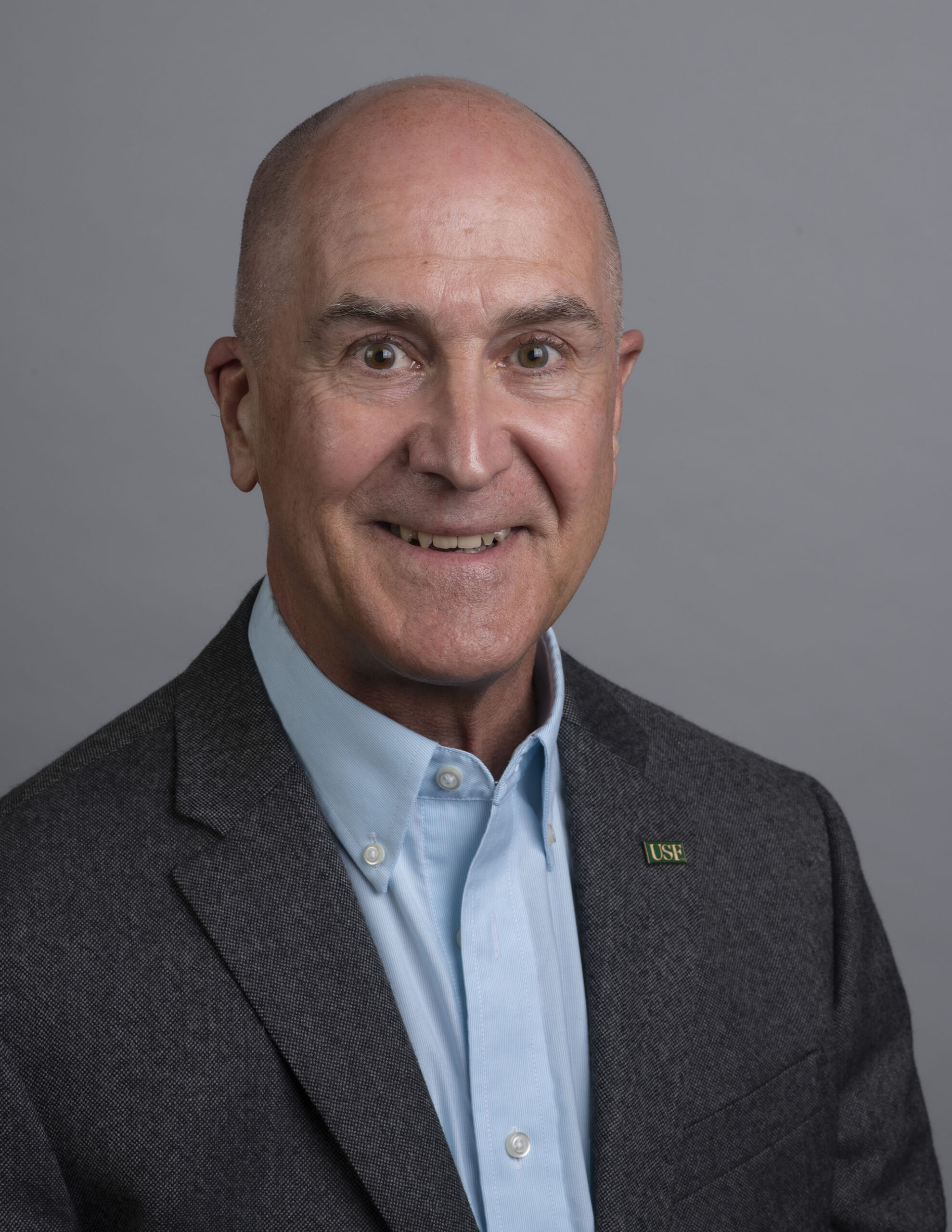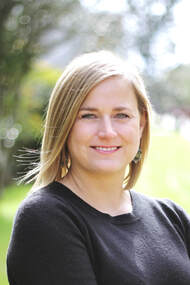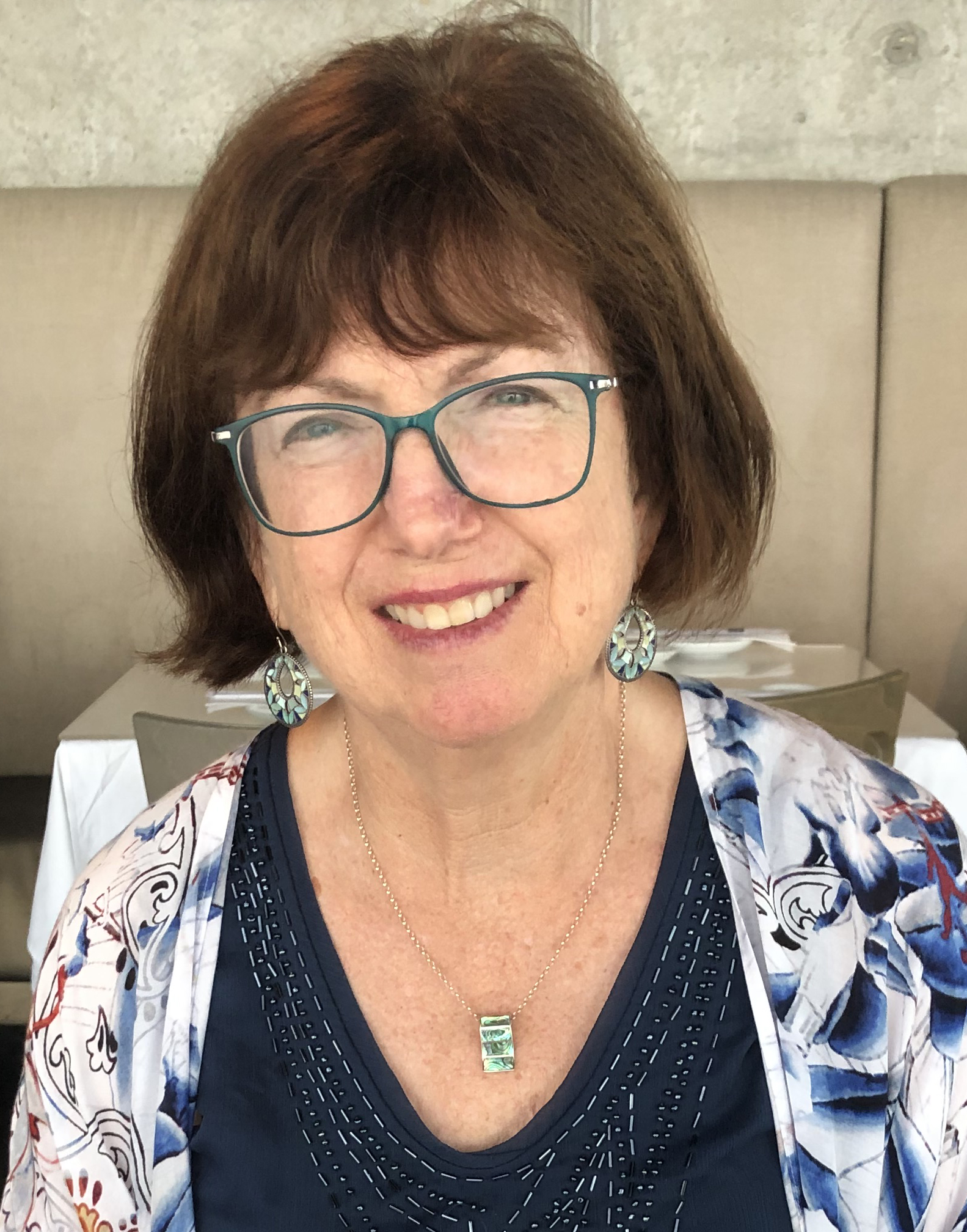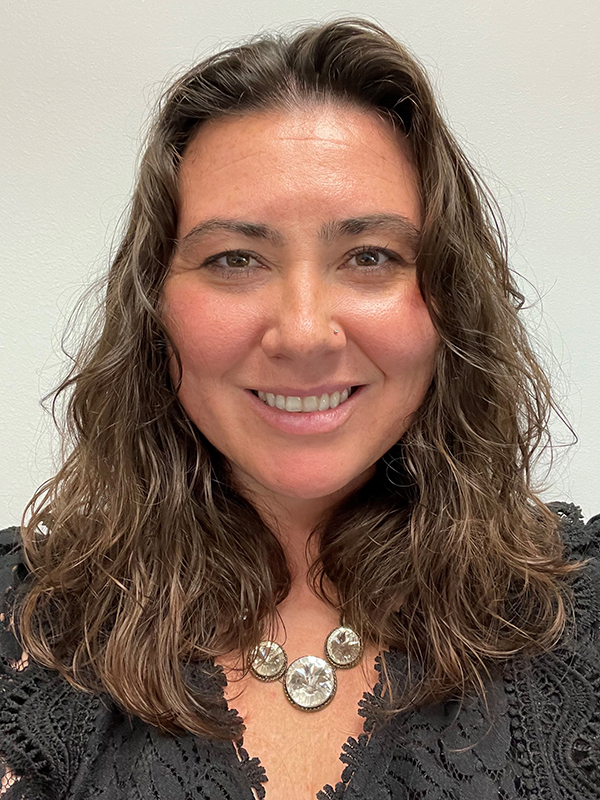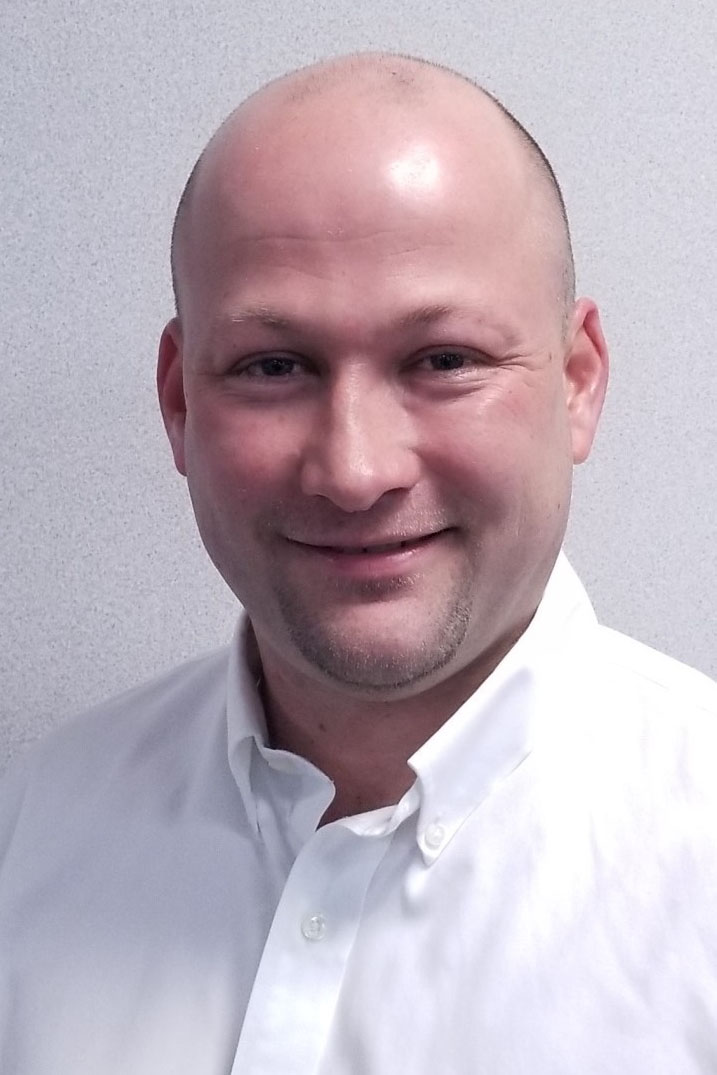GCOOS is primarily funded by the U.S. Integrated Ocean Observing System (IOOS) through a Cooperative Institute in five-year cycles. Our most recent proposal for funding covers 2021-2026 under the project title “Continuing the Development of the Gulf of Mexico Coastal Ocean Observing System.”
In turn, GCOOS develops partnerships with academic, NGOs and industry to support ocean observations and platforms in the Gulf of Mexico. Sub-award proposals are selected competitively based on system-wide needs and awarded to Principal Investigators.
GCOOS has also received additional funding through special supplements: Disaster Supplements to “Accelerate Improvements in Hurricane Intensity Forecasting through Underwater Glider Field Campaigns” (Sept. 1, 2022-Aug. 30, 2025) and “Repairs and Replacements of Marine Observational Assets Damaged during 2020 and 2021 in the Gulf of Mexico” (Sept. 1, 2022-Aug. 31, 2024) along with funding through the Bipartisan Infrastructure Law for “Modernization and Recapitalization of the Gulf of Mexico Coastal Ocean Observing System” (Jan. 1, 2023-June 30, 2023).
This page showcases current GCOOS Principal Investigators.
Dr. Lisa Campbell received her M.S. and Ph.D. from SUNY Stony Brook (now Stony Brook University) and was a Research Scientist at the University of Hawaii before joining the faculty at Texas A&M University in 1996. Currently, she is a Regents Professor and recipient of the William R. Bryant Endowed Chair in the Department of Oceanography. She has had a joint appointment in the Department of Biology since 2001. Her research focuses on the diversity and population dynamics of marine phytoplankton. Although she has worked in all oceans, her current research centers on harmful algal blooms in the Gulf of Mexico. Dr. Campbell pioneered the use of the Imaging FlowCytobot (IFCB) as a monitoring tool for harmful algae. The IFCB combines flow cytometry and video technology to capture images of individual algal cells in real time. Using this autonomous system, she has established a long-term high temporal resolution phytoplankton time series and has provided successful early warning for potential harmful algal blooms since 2007. Dr. Campbell has been recognized at TAMU for a Distinguished Achievement in Teaching (2015), a Women’s Faculty Network Outstanding Mentoring Award (2014), Dean’s Distinguished Achievement Award for Faculty Research (2009) and is a Sustaining Fellow of the Association for the Sciences of Limnology & Oceanography (ASLO). She served as Secretary on the Board of Directors ASLO from 2009-2018 and currently serves as an Associate Editor for the Journal of Plankton Research. She has published over 100 peer-reviewed publications.
Project Title
- “Continuing the TOAST network of high-resolution time series for observation of long term trends and prediction of harmful algal blooms in Texas”
Contact
Asset Link
Dr. Lisa Campbell received her M.S. and Ph.D. from SUNY Stony Brook (now Stony Brook University) and was a Research Scientist at the University of Hawaii before joining the faculty at Texas A&M University in 1996. Currently, she is a Regents Professor and recipient of the William R. Bryant Endowed Chair in the Department of Oceanography. She has had a joint appointment in the Department of Biology since 2001. Her research focuses on the diversity and population dynamics of marine phytoplankton. Although she has worked in all oceans, her current research centers on harmful algal blooms in the Gulf of Mexico. Dr. Campbell pioneered the use of the Imaging FlowCytobot (IFCB) as a monitoring tool for harmful algae. The IFCB combines flow cytometry and video technology to capture images of individual algal cells in real time. Using this autonomous system, she has established a long-term high temporal resolution phytoplankton time series and has provided successful early warning for potential harmful algal blooms since 2007. Dr. Campbell has been recognized at TAMU for a Distinguished Achievement in Teaching (2015), a Women’s Faculty Network Outstanding Mentoring Award (2014), Dean’s Distinguished Achievement Award for Faculty Research (2009) and is a Sustaining Fellow of the Association for the Sciences of Limnology & Oceanography (ASLO). She served as Secretary on the Board of Directors ASLO from 2009-2018 and currently serves as an Associate Editor for the Journal of Plankton Research. She has published over 100 peer-reviewed publications.
Project Title
- “Continuing the TOAST network of high-resolution time series for observation of long term trends and prediction of harmful algal blooms in Texas”
Contact
Asset Link
Dr. Arne-R. Diercks received his Ph.D. in Geological Oceanography from the University of Southern Mississippi, a Master of Science from the University of Hamburg, FRG. He joined USM in 1990, and left the University to work at oceanographic commercial companies for 10 years. During those years he worked as science liaison between NDBC, SCRIPPS, CODAR Ocean Sensors and the Naval Post Graduate School to help establish the National HF Radar Network. He rejoined USM as autonomous uncrewed vehicle manager for the National Institute of Undersea Science and Technology in 2007. Since 2014 he has been a part of the USM research faculty.
Supplemental Awards
- Modernization and Recapitalization of the Gulf of Mexico Coastal Ocean Observing System
Contact
Dr. Arne-R. Diercks received his Ph.D. in Geological Oceanography from the University of Southern Mississippi, a Master of Science from the University of Hamburg, FRG. He joined USM in 1990, and left the University to work at oceanographic commercial companies for 10 years. During those years he worked as science liaison between NDBC, SCRIPPS, CODAR Ocean Sensors and the Naval Post Graduate School to help establish the National HF Radar Network. He rejoined USM as autonomous uncrewed vehicle manager for the National Institute of Undersea Science and Technology in 2007. Since 2014 he has been a part of the USM research faculty.
Supplemental Awards
- Modernization and Recapitalization of the Gulf of Mexico Coastal Ocean Observing System
Contact
Dr. Brian Dzwonkowski is an Associate Professor in the Stokes School of Marine and Environmental Science at the University of South Alabama and a Senior Marine Scientist II at the Dauphin Island Sea Lab. Dr. Dzwonkowski’s research is focused on understanding relationships between coastal/estuarine circulation and hydrographic conditions and the associated dynamics as well as interactions between the coastal ocean and atmospheric phenomena. He has been involved with Alabama Real-time Coastal Observing System (ARCOS) since 2015.
Project Title
- “Gulf of Mexico HAB Pilot Testbed Project ; Coastal monitoring from Alabama’s Real-Time Coastal Observing System (ARCOS)”
Contact
Asset Link
Supplemental Awards
- Repairs and Replacements of Marine Observational Assets Damaged during 2020 and 2021 in the Gulf of Mexico
- Modernization and Recapitalization of the Gulf of Mexico Coastal Ocean Observing System
Dr. Brian Dzwonkowski is an Associate Professor in the Stokes School of Marine and Environmental Science at the University of South Alabama and a Senior Marine Scientist II at the Dauphin Island Sea Lab. Dr. Dzwonkowski’s research is focused on understanding relationships between coastal/estuarine circulation and hydrographic conditions and the associated dynamics as well as interactions between the coastal ocean and atmospheric phenomena. He has been involved with Alabama Real-time Coastal Observing System (ARCOS) since 2015.
Project Title
- “Gulf of Mexico HAB Pilot Testbed Project ; Coastal monitoring from Alabama’s Real-Time Coastal Observing System (ARCOS)”
Contact
Asset Link
Supplemental Awards
- Repairs and Replacements of Marine Observational Assets Damaged during 2020 and 2021 in the Gulf of Mexico
- Modernization and Recapitalization of the Gulf of Mexico Coastal Ocean Observing System
Felimon Gayanilo is a Systems Architect/Enterprise IT working on various projects with the Harte Research Institute for Gulf of Mexico Studies, Texas A&M University-Corpus Christi. He has more than three decades of experience in the design, development, and deployment of information systems in local, national and international settings before he joined the University of British Columbia in Vancouver, Canada, in 2000, the University of Miami in 2003, and Texas A&M University in 2012. Gayanilo is a PI/co-PI to several projects funded by the National Academies of Sciences (NAS), National Science Foundation (NSF), National Oceanic and Atmospheric Organization (NOAA), and other private foundations. He served as GCOOS co-Data Manager and was the original architect and developer of the GCOOS data portal, published in 2008, and continues to maintain and upgrade to the present. Gayanilo is a member of many professional organizations and is currently a board member of the Earth Science Information Partners (ESIP), supported by NASA, NOAA, USGS, and 130+ member organizations.
Project Title
- “Continuing Support Services to Maintain and Enhance Interoperable Data Portals for the GCOOS-RA and Ocean Acidification Monitoring at a Coastal Bay in Texas”
Contact
Asset Link
Supplemental Awards
- Modernization and Recapitalization of the Gulf of Mexico Coastal Ocean Observing System
Felimon Gayanilo is a Systems Architect/Enterprise IT working on various projects with the Harte Research Institute for Gulf of Mexico Studies, Texas A&M University-Corpus Christi. He has more than three decades of experience in the design, development, and deployment of information systems in local, national and international settings before he joined the University of British Columbia in Vancouver, Canada, in 2000, the University of Miami in 2003, and Texas A&M University in 2012. Gayanilo is a PI/co-PI to several projects funded by the National Academies of Sciences (NAS), National Science Foundation (NSF), National Oceanic and Atmospheric Organization (NOAA), and other private foundations. He served as GCOOS co-Data Manager and was the original architect and developer of the GCOOS data portal, published in 2008, and continues to maintain and upgrade to the present. Gayanilo is a member of many professional organizations and is currently a board member of the Earth Science Information Partners (ESIP), supported by NASA, NOAA, USGS, and 130+ member organizations.
Project Title
- “Continuing Support Services to Maintain and Enhance Interoperable Data Portals for the GCOOS-RA and Ocean Acidification Monitoring at a Coastal Bay in Texas”
Contact
Asset Link
Supplemental Awards
- Modernization and Recapitalization of the Gulf of Mexico Coastal Ocean Observing System
Dr. Cathrine Hancock received her Ph.D. in Physical Oceanography from the Florida State University (FSU) and a master’s degree from the Department of Geophysics, Meteorology and Oceanography at the University of Bergen (Norway). She has worked at FSU since 2012, with specific focus on acoustically tracking subsurface RAFOS and RAFOS-enabled ARGO floats in the Gulf of Mexico, Southern Ocean and Weddell Sea. These trajectories are used to better understand subsurface mesoscale flow, by calculating Lagrangian statistics along with dispersion and diffusivity estimates.
Supplemental Awards
- Modernization and Recapitalization of the Gulf of Mexico Coastal Ocean Observing System
Contact
Dr. Cathrine Hancock received her Ph.D. in Physical Oceanography from the Florida State University (FSU) and a master’s degree from the Department of Geophysics, Meteorology and Oceanography at the University of Bergen (Norway). She has worked at FSU since 2012, with specific focus on acoustically tracking subsurface RAFOS and RAFOS-enabled ARGO floats in the Gulf of Mexico, Southern Ocean and Weddell Sea. These trajectories are used to better understand subsurface mesoscale flow, by calculating Lagrangian statistics along with dispersion and diffusivity estimates.
Supplemental Awards
- Modernization and Recapitalization of the Gulf of Mexico Coastal Ocean Observing System
Contact
Dr. Darren Henrichs is an Instructional Assistant Professor in the Department of Oceanography at Texas A&M University. He received his B.S. in biology from Texas Lutheran University and his Ph.D. in biology from Texas A&M University. His research focuses on applying machine learning to biology, individual-based modeling of phytoplankton, time-series analysis of phytoplankton community dynamics and harmful algal bloom ecology and early warning in the Gulf of Mexico. He has more than 14 years of experience deploying and working with data produced by Imaging FlowCytobots. Dr. Henrichs has recently taken over as a co-PI for the TAMU Oceanography REU program — Observing the Ocean, originally started by Dr. Lisa Campbell.
Project Title
- “Continuing the TOAST network of high-resolution time series for observation of long term trends and prediction of harmful algal blooms in Texas”
Contact
Asset Link
Supplemental Awards
- Repairs and Replacements of Marine Observational Assets Damaged during 2020 and 2021 in the Gulf of Mexico
Dr. Darren Henrichs is an Instructional Assistant Professor in the Department of Oceanography at Texas A&M University. He received his B.S. in biology from Texas Lutheran University and his Ph.D. in biology from Texas A&M University. His research focuses on applying machine learning to biology, individual-based modeling of phytoplankton, time-series analysis of phytoplankton community dynamics and harmful algal bloom ecology and early warning in the Gulf of Mexico. He has more than 14 years of experience deploying and working with data produced by Imaging FlowCytobots. Dr. Henrichs has recently taken over as a co-PI for the TAMU Oceanography REU program — Observing the Ocean, originally started by Dr. Lisa Campbell.
Project Title
- “Continuing the TOAST network of high-resolution time series for observation of long term trends and prediction of harmful algal blooms in Texas”
Contact
Asset Link
Supplemental Awards
- Repairs and Replacements of Marine Observational Assets Damaged during 2020 and 2021 in the Gulf of Mexico
Dr. Kenneth Hoadley is an early career researcher at the University of Alabama and is part of a collaborative effort to improve detection and forecasting of harmful algal bloom species such as Karenia brevis within the Northern Gulf of Mexico. Specifically, these efforts involve deploying an Imaging FlowCytobot within Mobile Bay which — along with currently deployed instruments within GoM — will feed into a new imaging analysis pipeline for real-time monitoring of key HAB species through the GCOOS portal.
Dr. Hoadley is an Assistant Professor in the Biological Sciences Department at the University of Alabama, as well as a Senior Marine Scientist I at the Dauphin Island Sea Lab. His background is in algal ecophysiology and response to climate change. His work encompasses molecular and physiological characterization using a broad range of instrumentation, including the development of custom bio-optical tools.
Dr. Kenneth Hoadley is an early career researcher at the University of Alabama and is part of a collaborative effort to improve detection and forecasting of harmful algal bloom species such as Karenia brevis within the Northern Gulf of Mexico. Specifically, these efforts involve deploying an Imaging FlowCytobot within Mobile Bay which — along with currently deployed instruments within GoM — will feed into a new imaging analysis pipeline for real-time monitoring of key HAB species through the GCOOS portal.
Dr. Hoadley is an Assistant Professor in the Biological Sciences Department at the University of Alabama, as well as a Senior Marine Scientist I at the Dauphin Island Sea Lab. His background is in algal ecophysiology and response to climate change. His work encompasses molecular and physiological characterization using a broad range of instrumentation, including the development of custom bio-optical tools.
Dr. Chuanmin Hu is Professor of Oceanography at the College of Marine Science, University of South Florida, Florida, USA. He obtained a B.S degree from the University of Science and Technology of China, and a PhD degree from the University of Miami (USA). He specializes in using laboratory, field, and remote sensing techniques to study algal blooms (harmful and non-harmful, macroalgae and microalgae), oil spills, coastal and inland water quality, and global changes. He directs the USF Optical Oceanography Lab to establish a Virtual Buoy System (VBS ) to monitor coastal and estuarine water quality, an Integrated Redtide Information System (IRIS ) to provide near real-time information on harmful algal blooms, and a Sargassum Watch System (SaWS ) to combine remote sensing and numerical modeling to track macroalgae. He is an elected fellow of the American Association for the Advancement of Science (AAAS) and an elected member of the Academy of Science Engineering and Medicine of Florida (ASEMFL).
Project Title
- “Maritime Transportation, Satellite Earth Observations, and Glider Deployments for the GCOOS-RA “
Contact
Asset Link
Dr. Chuanmin Hu is Professor of Oceanography at the College of Marine Science, University of South Florida, Florida, USA. He obtained a B.S degree from the University of Science and Technology of China, and a PhD degree from the University of Miami (USA). He specializes in using laboratory, field, and remote sensing techniques to study algal blooms (harmful and non-harmful, macroalgae and microalgae), oil spills, coastal and inland water quality, and global changes. He directs the USF Optical Oceanography Lab to establish a Virtual Buoy System (VBS ) to monitor coastal and estuarine water quality, an Integrated Redtide Information System (IRIS ) to provide near real-time information on harmful algal blooms, and a Sargassum Watch System (SaWS ) to combine remote sensing and numerical modeling to track macroalgae. He is an elected fellow of the American Association for the Advancement of Science (AAAS) and an elected member of the Academy of Science Engineering and Medicine of Florida (ASEMFL).
Project Title
- “Maritime Transportation, Satellite Earth Observations, and Glider Deployments for the GCOOS-RA “
Contact
Asset Link
Dr. Stephan D. Howden is a Professor in the Department of Marine Science at the University of Southern Mississippi and Director of the Hydrographic Science Research Center, where he has directed the Central Gulf of Mexico Ocean Observing System since 2003. Howden has been involved with what became the GCOOS since 2003.
Dr. Howden received his Ph.D. in Physical Oceanography from the University of Rhode Island, a Master of Science from Michigan State University, and a Bachelor of Science from the University at Buffalo. He has been with USM since 2000.
Project Title
- “Sustained Coastal Monitoring of Surface Currents in the Mississippi Bight through the Central Gulf of Mexico Ocean Observing System ; Northern Gulf of Mexico Glider Sentinel Line ; Ocean Acidification Monitoring in the Hypoxic Zone of the Louisiana Shelf”
Contact
Asset Link
Supplemental Awards
- Accelerate Improvements in Hurricane Intensity Forecasting through Underwater Glider Field Campaigns
- Repairs and Replacements of Marine Observational Assets Damaged during 2020 and 2021 in the Gulf of Mexico
- Modernization and Recapitalization of the Gulf of Mexico Coastal Ocean Observing System
Dr. Stephan D. Howden is a Professor in the Department of Marine Science at the University of Southern Mississippi and Director of the Hydrographic Science Research Center, where he has directed the Central Gulf of Mexico Ocean Observing System since 2003. Howden has been involved with what became the GCOOS since 2003.
Dr. Howden received his Ph.D. in Physical Oceanography from the University of Rhode Island, a Master of Science from Michigan State University, and a Bachelor of Science from the University at Buffalo. He has been with USM since 2000.
Project Title
- “Sustained Coastal Monitoring of Surface Currents in the Mississippi Bight through the Central Gulf of Mexico Ocean Observing System ; Northern Gulf of Mexico Glider Sentinel Line ; Ocean Acidification Monitoring in the Hypoxic Zone of the Louisiana Shelf”
Contact
Asset Link
Supplemental Awards
- Accelerate Improvements in Hurricane Intensity Forecasting through Underwater Glider Field Campaigns
- Repairs and Replacements of Marine Observational Assets Damaged during 2020 and 2021 in the Gulf of Mexico
- Modernization and Recapitalization of the Gulf of Mexico Coastal Ocean Observing System
Dr. Anthony Knap is the Director of GERG at TAMU, Professor of Oceanography and the holder of the James Whatley Endowed Chair for Geosciences. Prior to coming to Texas, he was responsible for developing the Bermuda Institute for Biological Sciences (BIOS) from a small biological station into a world-renowned center on oceanographic research.
He has published more than 200 papers and book chapters on ocean chemistry and biogeochemistry, oil pollution and other marine pollutants, ocean observations, risk assessment of climate change, and oceans and human health. He has more than 18,500 science citations.
Knap and colleagues started the Risk Prediction Initiative — a partnership between the re-insurance industry and climate scientists as well as the International Center for Ocean and Human Health. He recently served on the National Academy of Science Gulf of Mexico Advisory Board for a three-year term, and is a Member of the International Advisory Board for the Institute of Oceanology of National Academy of Sciences of China, Member of Interdisciplinary Faculty of Toxicology, a member of the Texas One Gulf Leadership Committee for the Restore Act, member of the Advisory Board for the Energy Institute of Texas A&M University and recently has been appointed the Director of the Applied Mass Spectrometry Core of Texas A&M University.
Project Title
- “Maintenance and Operation of the Texas High Frequency Radar Network ; System Upgrades to the Texas Automated Buoy System ; Gulf of Mexico Hurricane Glider Operations in Support of Tropical Cyclone Intensification Forecasts”
Contact
Asset Link
Supplemental Awards
- Accelerate Improvements in Hurricane Intensity Forecasting through Underwater Glider Field Campaigns
- Repairs and Replacements of Marine Observational Assets Damaged during 2020 and 2021 in the Gulf of Mexico
Dr. Anthony Knap is the Director of GERG at TAMU, Professor of Oceanography and the holder of the James Whatley Endowed Chair for Geosciences. Prior to coming to Texas, he was responsible for developing the Bermuda Institute for Biological Sciences (BIOS) from a small biological station into a world-renowned center on oceanographic research.
He has published more than 200 papers and book chapters on ocean chemistry and biogeochemistry, oil pollution and other marine pollutants, ocean observations, risk assessment of climate change, and oceans and human health. He has more than 18,500 science citations.
Knap and colleagues started the Risk Prediction Initiative — a partnership between the re-insurance industry and climate scientists as well as the International Center for Ocean and Human Health. He recently served on the National Academy of Science Gulf of Mexico Advisory Board for a three-year term, and is a Member of the International Advisory Board for the Institute of Oceanology of National Academy of Sciences of China, Member of Interdisciplinary Faculty of Toxicology, a member of the Texas One Gulf Leadership Committee for the Restore Act, member of the Advisory Board for the Energy Institute of Texas A&M University and recently has been appointed the Director of the Applied Mass Spectrometry Core of Texas A&M University.
Project Title
- “Maintenance and Operation of the Texas High Frequency Radar Network ; System Upgrades to the Texas Automated Buoy System ; Gulf of Mexico Hurricane Glider Operations in Support of Tropical Cyclone Intensification Forecasts”
Contact
Asset Link
Supplemental Awards
- Accelerate Improvements in Hurricane Intensity Forecasting through Underwater Glider Field Campaigns
- Repairs and Replacements of Marine Observational Assets Damaged during 2020 and 2021 in the Gulf of Mexico
John J. Langan joined Mote Marine Laboratory in 2022 as Senior Engineer/Manager of the Ocean Technology Program, which develops and utilizes various forms of cutting-edge technology in conjunction with a wide range of interdisciplinary scientific goals to solve problems, streamline processes, and monitor water quality in the eastern Gulf of Mexico. He joined Mote from Florida Gulf Coast University, where he most recently served as an adjunct professor in the Environmental Engineering Department. He received his B.S. in Applied Science and Technology from Thomas A. Edison State College in 2011 and his M.S. in Unmanned Systems from Embry-Riddle Aeronautical University in 2016.
Project Title
- “Maintenance and Augmentation of an Existing HAB Observatory to Monitor Environmental Conditions for Human and Ecosystem Health”
Contact
Asset Link
John J. Langan joined Mote Marine Laboratory in 2022 as Senior Engineer/Manager of the Ocean Technology Program, which develops and utilizes various forms of cutting-edge technology in conjunction with a wide range of interdisciplinary scientific goals to solve problems, streamline processes, and monitor water quality in the eastern Gulf of Mexico. He joined Mote from Florida Gulf Coast University, where he most recently served as an adjunct professor in the Environmental Engineering Department. He received his B.S. in Applied Science and Technology from Thomas A. Edison State College in 2011 and his M.S. in Unmanned Systems from Embry-Riddle Aeronautical University in 2016.
Project Title
- “Maintenance and Augmentation of an Existing HAB Observatory to Monitor Environmental Conditions for Human and Ecosystem Health”
Contact
Asset Link
Dr. Robert R. Leben is a Research Professor Emeritus in the Ann and H. J. Smead Department of Aerospace Engineering Sciences at the University of Colorado Boulder (UCB) and a member of the Colorado Center for Astrodynamics Research (CCAR). His primary area of expertise is satellite altimetry and its application to ocean circulation and climate monitoring. He has published more than 60 peer-reviewed publications in this area. Since 1996, he has maintained a near real-time altimeter data system for monitoring mesoscale ocean circulation. He has made significant contributions to oceanographic research in the Gulf of Mexico both as a PI or Co-PI on 10 Gulf research programs and has consulted on the development and skill assessment of ocean nowcast and forecast systems for the offshore oil and gas industry working in the Gulf of Mexico.
Project Title
- “Continued Development of the Gulf of Mexico Coastal Ocean Observing System: Satellite Altimetry Data”
Contact
Asset Link
Dr. Robert R. Leben is a Research Professor Emeritus in the Ann and H. J. Smead Department of Aerospace Engineering Sciences at the University of Colorado Boulder (UCB) and a member of the Colorado Center for Astrodynamics Research (CCAR). His primary area of expertise is satellite altimetry and its application to ocean circulation and climate monitoring. He has published more than 60 peer-reviewed publications in this area. Since 1996, he has maintained a near real-time altimeter data system for monitoring mesoscale ocean circulation. He has made significant contributions to oceanographic research in the Gulf of Mexico both as a PI or Co-PI on 10 Gulf research programs and has consulted on the development and skill assessment of ocean nowcast and forecast systems for the offshore oil and gas industry working in the Gulf of Mexico.
Project Title
- “Continued Development of the Gulf of Mexico Coastal Ocean Observing System: Satellite Altimetry Data”
Contact
Asset Link
Chad Lembke is a research faculty member who has focused on mechanical and systems engineering for the University of South Florida’s College of Marine Science since 1998. Within the Center for Ocean Technology (COT), he has been involved in prototype engineering, fabrication, and utilization of dozens of sensors, instruments, and platforms designed for use in the oceanographic environment, including coastal profiling floats, ROVs, AUVs, buoys, underwater mass spectrometers, and other chemical and biological sensors.
Project Title
- “Maritime Transportation, Satellite Earth Observations, and Glider Deployments for the GCOOS-RA”
Contact
Asset Link
- http://imars.marine.usf.edu/
- https://optics.marine.usf.edu/
- http://www.tbports.org/
- https://gandalf.gcoos.org/
Supplemental Awards
- Accelerate Improvements in Hurricane Intensity Forecasting through Underwater Glider Field Campaigns
- Modernization and Recapitalization of the Gulf of Mexico Coastal Ocean Observing System
Chad Lembke is a research faculty member who has focused on mechanical and systems engineering for the University of South Florida’s College of Marine Science since 1998. Within the Center for Ocean Technology (COT), he has been involved in prototype engineering, fabrication, and utilization of dozens of sensors, instruments, and platforms designed for use in the oceanographic environment, including coastal profiling floats, ROVs, AUVs, buoys, underwater mass spectrometers, and other chemical and biological sensors.
Project Title
- “Maritime Transportation, Satellite Earth Observations, and Glider Deployments for the GCOOS-RA”
Contact
Asset Link
- http://imars.marine.usf.edu/
- https://optics.marine.usf.edu/
- http://www.tbports.org/
- https://gandalf.gcoos.org/
Supplemental Awards
- Accelerate Improvements in Hurricane Intensity Forecasting through Underwater Glider Field Campaigns
- Modernization and Recapitalization of the Gulf of Mexico Coastal Ocean Observing System
Dr. Chunyan Li, Professor at LSU, Director of WAVCIS, is interested in coastal physical oceanography, estuarine dynamics, met-ocean observations and analysis, severe weather induced ocean response, land-ocean exchange and impacts of climate change. He teaches several courses at LSU, including dynamical oceanography, physical oceanography, estuarine dynamics, forecasting coastal weather, and ocean data analysis.
Project Title
- “Satellite Remote Sensing in Support of GCOOS”
Contact
Asset Link
Supplemental Awards
- Repairs and Replacements of Marine Observational Assets Damaged during 2020 and 2021 in the Gulf of Mexico
Dr. Chunyan Li, Professor at LSU, Director of WAVCIS, is interested in coastal physical oceanography, estuarine dynamics, met-ocean observations and analysis, severe weather induced ocean response, land-ocean exchange and impacts of climate change. He teaches several courses at LSU, including dynamical oceanography, physical oceanography, estuarine dynamics, forecasting coastal weather, and ocean data analysis.
Project Title
- “Satellite Remote Sensing in Support of GCOOS”
Contact
Asset Link
Supplemental Awards
- Repairs and Replacements of Marine Observational Assets Damaged during 2020 and 2021 in the Gulf of Mexico
Dr. Mark E. Luther is an Associate Professor and Director of the Center for Maritime and Port Studies in the University of South Florida College of Marine Science. He has worked in real-time ocean observing systems since 1991 and was involved in planning and implementation of the U.S. Integrated Ocean Observing System (IOOS) from its inception. He works closely with the Tampa Port Authority, the Tampa Bay Pilots, U.S. Coast Guard, and other maritime interests on environmental issues affecting and affected by maritime transportation operations and infrastructure.
He is an avid boater with both power and sail boats and holds a U.S. Coast Guard Captain’s License. He has been sailing the waters of Tampa Bay and west Florida since 1983.
Project Title
- “Maritime Transportation, Satellite Earth Observations, and Glider Deployments for the GCOOS-RA”
Contact
Asset Link
Dr. Mark E. Luther is an Associate Professor and Director of the Center for Maritime and Port Studies in the University of South Florida College of Marine Science. He has worked in real-time ocean observing systems since 1991 and was involved in planning and implementation of the U.S. Integrated Ocean Observing System (IOOS) from its inception. He works closely with the Tampa Port Authority, the Tampa Bay Pilots, U.S. Coast Guard, and other maritime interests on environmental issues affecting and affected by maritime transportation operations and infrastructure.
He is an avid boater with both power and sail boats and holds a U.S. Coast Guard Captain’s License. He has been sailing the waters of Tampa Bay and west Florida since 1983.
Project Title
- “Maritime Transportation, Satellite Earth Observations, and Glider Deployments for the GCOOS-RA”
Contact
Asset Link
Dr. Eric Milbrandt received his B.S. from Cal Poly Humboldt and earned a Ph.D. in Biology from the University of Oregon. His research is on water quality, harmful algae blooms and the effects on seagrass and oyster reef communities. In 2007, he established the River, Estuary and Coastal Observing Network (RECON) to provide data about the dynamics of the Caloosahatchee Estuary and Gulf of Mexico. He is the Director of the Sanibel-Captiva Conservation Foundation (SCCF) Marine Laboratory.
Project Title
- “Real-time water quality and weather for Southwest Florida from the River, Estuary and Coastal Observing Network (RECON) and delivery to GCOOS”
Contact
Asset Link
Dr. Eric Milbrandt received his B.S. from Cal Poly Humboldt and earned a Ph.D. in Biology from the University of Oregon. His research is on water quality, harmful algae blooms and the effects on seagrass and oyster reef communities. In 2007, he established the River, Estuary and Coastal Observing Network (RECON) to provide data about the dynamics of the Caloosahatchee Estuary and Gulf of Mexico. He is the Director of the Sanibel-Captiva Conservation Foundation (SCCF) Marine Laboratory.
Project Title
- “Real-time water quality and weather for Southwest Florida from the River, Estuary and Coastal Observing Network (RECON) and delivery to GCOOS”
Contact
Asset Link
Dr. Frank E. Müller-Karger is a Professor in the College of Marine Science, University of South Florida (USA). As a biological oceanographer, Dr. Müller-Karger’s research focuses on how marine ecosystems change over time. He evaluates links between water quality, primary production and biodiversity in coastal marine environments, and how these may be connected to climate change and human activities. Muller-Karger serves as the co-lead of the U.S. and international Marine Biodiversity Observation Network (MBON), the Marine Life 2030 program endorsed by the UN Decade of Ocean Science for Sustainable Development and the NOAA Climate Program Office/Sanctuaries Climate Indicator Task Force. He has published more than 340 peer-reviewed articles and is the 2021 recipient of the William T. Pecora Award (Individual); is a AAAS Fellow and served on the U.S. Commission on Ocean Policy.
Project Title
- “Maritime Transportation, Satellite Earth Observations, and Glider Deployments for the GCOOS-RA”
Contact
Asset Link
Dr. Frank E. Müller-Karger is a Professor in the College of Marine Science, University of South Florida (USA). As a biological oceanographer, Dr. Müller-Karger’s research focuses on how marine ecosystems change over time. He evaluates links between water quality, primary production and biodiversity in coastal marine environments, and how these may be connected to climate change and human activities. Muller-Karger serves as the co-lead of the U.S. and international Marine Biodiversity Observation Network (MBON), the Marine Life 2030 program endorsed by the UN Decade of Ocean Science for Sustainable Development and the NOAA Climate Program Office/Sanctuaries Climate Indicator Task Force. He has published more than 340 peer-reviewed articles and is the 2021 recipient of the William T. Pecora Award (Individual); is a AAAS Fellow and served on the U.S. Commission on Ocean Policy.
Project Title
- “Maritime Transportation, Satellite Earth Observations, and Glider Deployments for the GCOOS-RA”
Contact
Asset Link
Dr. Beth Stauffer is a biological oceanographer and phytoplankton ecologist whose research focuses on understanding how physical, chemical and biological environments contribute to changing phytoplankton communities in coastal waters. Much of her current research is set in the Gulf of Mexico, where her team is studying how phytoplankton communities and the food webs they support vary across gradients of ocean acidification, ongoing estuarine change and in response to extreme weather events. She has also been involved in technology development and adoption, especially toward continuous nutrient sensing, since her time as a AAAS Science & Technology Policy Fellow hosted by the U.S. Environmental Protection Agency. Dr. Stauffer is an Associate Professor in the Department of Biology and the SLEMCO/LEQSF Regents Endowed Professor in Science II at the University of Louisiana at Lafayette. Prior to joining the UL Lafayette faculty, she was a Postdoctoral Fellow at the Lamont-Doherty Earth Observatory of Columbia University. Dr. Stauffer earned her Bachelor of Science with a double major in Marine Science and Biology at the University of Miami and her Doctorate in Marine Environmental Biology at the University of Southern California. (Visit the Stauffer Lab website)
Project Title
- “Building a network of nutrient sensing in the northern Gulf of Mexico, Phase I”
Contact
Asset Link
Dr. Beth Stauffer is a biological oceanographer and phytoplankton ecologist whose research focuses on understanding how physical, chemical and biological environments contribute to changing phytoplankton communities in coastal waters. Much of her current research is set in the Gulf of Mexico, where her team is studying how phytoplankton communities and the food webs they support vary across gradients of ocean acidification, ongoing estuarine change and in response to extreme weather events. She has also been involved in technology development and adoption, especially toward continuous nutrient sensing, since her time as a AAAS Science & Technology Policy Fellow hosted by the U.S. Environmental Protection Agency. Dr. Stauffer is an Associate Professor in the Department of Biology and the SLEMCO/LEQSF Regents Endowed Professor in Science II at the University of Louisiana at Lafayette. Prior to joining the UL Lafayette faculty, she was a Postdoctoral Fellow at the Lamont-Doherty Earth Observatory of Columbia University. Dr. Stauffer earned her Bachelor of Science with a double major in Marine Science and Biology at the University of Miami and her Doctorate in Marine Environmental Biology at the University of Southern California. (Visit the Stauffer Lab website)
Project Title
- “Building a network of nutrient sensing in the northern Gulf of Mexico, Phase I”
Contact
Asset Link
Dr. Nan Walker has more than 30 years of experience in satellite remote sensing of coastal and oceanic processes. She has been employed as a faculty member at LSU in the Coastal Studies Institute and the Department of Oceanography and Coastal Sciences for more than 30 years, where she teaches graduate and undergraduate courses, advises M.S. and Ph.D. graduate students in their research, and has directed the ESL since 2003. She specializes in using satellite data to advance the understanding of physical processes and air-sea interactions, and has conducted research in the Gulf of Mexico, Florida Keys/Bahama Bank region, the southern African region and the Caribbean Sea. Her research interests include Loop Current eddy circulation, air-sea interactions related to hurricanes and winter storms, estuarine-shelf exchange processes, surface sediment transport, coastal upwelling, and ocean climatology. She has experience in the application of visible, thermal, and microwave (SAR) satellite measurements. In recent years, she has focused on understanding Loop Current frontal eddy cyclone impacts on circulation and on ocean-atmosphere interactions that impact hurricane intensity changes. She has a B.S. in Marine Zoology (Duke University), an M.S. in Marine Sciences (Louisiana State University), and a Ph.D. in Physical Oceanography (University of Cape Town, South Africa). She spent a 2-year “sabbatical” with her husband starting in 1989 (after her Ph.D.), sailing their 32-foot sailboat from Cape Town to the Gulf of Mexico, with a 6-month research experience in the West Indies Marine Lab, U.S. Virgin Islands, studying Hurricane Hugo’s impacts on the corals of St Croix. Her hobbies include scuba diving, photography, hiking, bicycling, and gardening.
Project Title
- “Satellite Remote Sensing in Support of GCOOS”
Contact
Asset Link
Dr. Nan Walker has more than 30 years of experience in satellite remote sensing of coastal and oceanic processes. She has been employed as a faculty member at LSU in the Coastal Studies Institute and the Department of Oceanography and Coastal Sciences for more than 30 years, where she teaches graduate and undergraduate courses, advises M.S. and Ph.D. graduate students in their research, and has directed the ESL since 2003. She specializes in using satellite data to advance the understanding of physical processes and air-sea interactions, and has conducted research in the Gulf of Mexico, Florida Keys/Bahama Bank region, the southern African region and the Caribbean Sea. Her research interests include Loop Current eddy circulation, air-sea interactions related to hurricanes and winter storms, estuarine-shelf exchange processes, surface sediment transport, coastal upwelling, and ocean climatology. She has experience in the application of visible, thermal, and microwave (SAR) satellite measurements. In recent years, she has focused on understanding Loop Current frontal eddy cyclone impacts on circulation and on ocean-atmosphere interactions that impact hurricane intensity changes. She has a B.S. in Marine Zoology (Duke University), an M.S. in Marine Sciences (Louisiana State University), and a Ph.D. in Physical Oceanography (University of Cape Town, South Africa). She spent a 2-year “sabbatical” with her husband starting in 1989 (after her Ph.D.), sailing their 32-foot sailboat from Cape Town to the Gulf of Mexico, with a 6-month research experience in the West Indies Marine Lab, U.S. Virgin Islands, studying Hurricane Hugo’s impacts on the corals of St Croix. Her hobbies include scuba diving, photography, hiking, bicycling, and gardening.
Project Title
- “Satellite Remote Sensing in Support of GCOOS”
Contact
Asset Link
Dr. Kerri Whilden is a Senior Oceanographer at Fugro where she is responsible for technical execution and project management of contracts as part of the Coastal Resilience and Ocean Science Service Line. She received her B.S. in Civil Engineering from Lehigh University, M.S. in Ocean Engineering from Texas A&M University, and Ph.D. in Civil Engineering from Texas A&M University.
Project Title
- “Continued Maintenance for Louisiana HF Radars: Port Fourchon and Southwest Pass, Louisiana”
Contact
Asset Link
Supplemental Awards
- Repairs and Replacements of Marine Observational Assets Damaged during 2020 and 2021 in the Gulf of Mexico
Dr. Kerri Whilden is a Senior Oceanographer at Fugro where she is responsible for technical execution and project management of contracts as part of the Coastal Resilience and Ocean Science Service Line. She received her B.S. in Civil Engineering from Lehigh University, M.S. in Ocean Engineering from Texas A&M University, and Ph.D. in Civil Engineering from Texas A&M University.
Project Title
- “Continued Maintenance for Louisiana HF Radars: Port Fourchon and Southwest Pass, Louisiana”
Contact
Asset Link
Supplemental Awards
- Repairs and Replacements of Marine Observational Assets Damaged during 2020 and 2021 in the Gulf of Mexico
Ben Williams joined Fugro in 2005 as an Oceanographic Field Technician and has held numerous roles in his 17 years from Project & Operations Management to Service Line Director, most recently serving as the Metocean Service Line Director. He has worked across the globe having been based at times in both the Americas, Europe & Africa Regions.
Project Title
- “Continued Maintenance for Louisiana HF Radars: Port Fourchon and Southwest Pass, Louisiana”
Contact
Asset Link
Supplemental Awards
- Repairs and Replacements of Marine Observational Assets Damaged during 2020 and 2021 in the Gulf of Mexico
Ben Williams joined Fugro in 2005 as an Oceanographic Field Technician and has held numerous roles in his 17 years from Project & Operations Management to Service Line Director, most recently serving as the Metocean Service Line Director. He has worked across the globe having been based at times in both the Americas, Europe & Africa Regions.
Project Title
- “Continued Maintenance for Louisiana HF Radars: Port Fourchon and Southwest Pass, Louisiana”
Contact
Asset Link
Supplemental Awards
- Repairs and Replacements of Marine Observational Assets Damaged during 2020 and 2021 in the Gulf of Mexico





